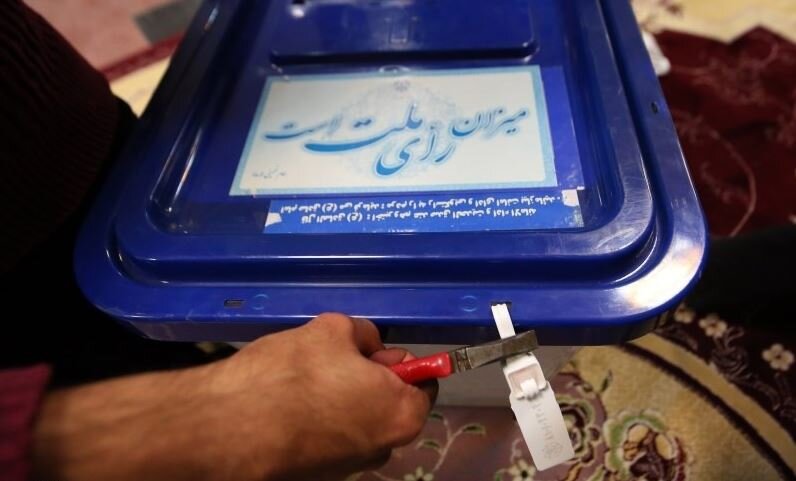Iranian election results: shift towards independent candidates

TEHRAN - As the vote counting process nears completion nationwide in Iran, following Friday's active participation at polling stations, it seems that citizens have shown a preference for individual candidates over coalitions endorsed by well-known politicians.
In the capital city, Tehran, initial results indicated a potential decline in popularity for Parliament Speaker Mohammad Bagher Ghalibaf, who finds himself ranked fourth among candidates with the highest vote counts.
Notably, Mahmoud Nabavian, a cleric and incumbent MP, has emerged as the top vote-getter. The 58-year-old is believed to be a conservative politician.
Tehran's election outcomes also reveal the election of new faces to Parliament. Among them, 35-year-old Ph.D. holder and former political show anchor, Amir Hossein Sabeti, secured the third-highest number of votes in the capital.
During this election cycle, some prominent figures, such as Mohammad Bagher Nobakht, a key reformist candidate and former vice president, faced voter disapproval. Nobakht was not chosen as a representative by the people in his hometown Rasht. Analysts believe Nobakht's tenure as the head of the Plan and Budget Organization from 2016 to 2021 which drew significant criticism was the main reason for his lack of success.
Apart from casting votes for the 290-seat parliament, Iranians also elected the 88 members for the Assembly of Experts. President Ebrahim Raisi achieved a decisive victory in South Khorasan Province, securing over 80% of the votes. This win establishes a new record for the candidate with the highest number of votes in the Assembly of Experts.
Iranians disappointed enemies
Iran’s president has thanked the Iranian people for disappointing enemies and showing up at the ballot box on Friday in a glorious display of national unity.
Raisi made the remarks in a letter addressed to the people of Iran on Saturday.
“People showed up and said 'No' to global arrogance. This was a defeat for anti-human forces who tried to wreak havoc in our country through various seditions last year,” the president wrote.
Figures show that over 25 million people cast their votes on March 1, meaning over 40% of eligible voters decided to take part in the election. The 2020 legislative elections had the same turnout rates.
"The ill-wishers of our beloved country had mobilized all their power to make the March 1 vote lackluster,” Raisi added, pointing out how vast Western propaganda campaigns tried to discourage people from exercising their voting rights weeks before the election.
The Iranian Parliament Speaker has also appreciated the impressive turnout of Iranians from all walks of life in the parliamentary and Assembly of Experts elections.
In a message on Saturday, the speaker applauds the widespread participation of the people which can preserve Iran’s deterrence power against political, economic, and even military pressures from enemies.
“It is my duty to humbly thank the beloved and responsible people of the Islamic Republic of Iran who, with their extensive participation in the elections, have preserved the deterrence power of our country Iran against political, economic, and even military pressures from enemies,” he added.
Ghalibaf mentioned in this message that “the value of this presence becomes clear when we note that this participation has been under economic pressures and various cognitive warfare methods by the enemy to reduce participation.”
He further stated that Iranians have participated in the elections with exemplary enthusiasm and sacrifice, based on their belief in the principles of the Islamic establishment.
“The high turnout of the Iranian nation sent a great message to foes that they support such a divine Revolution,” Ghalibaf continued.
The parliament speaker also emphasized that “it is our duty as officials to recognize such susceptibilities and then do our best to solve people’s problems.”
